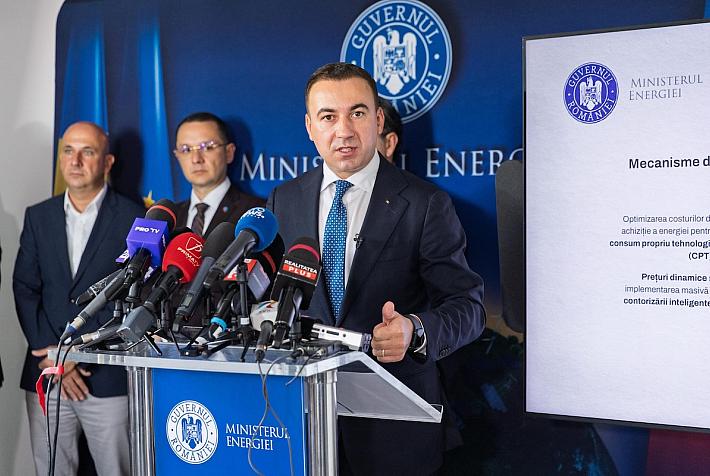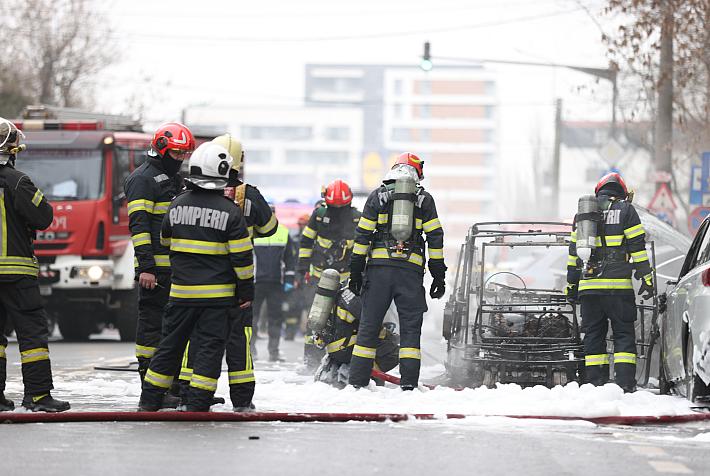Romanian lawmakers reject dismantling of controversial investigative body

The Romanian Senate, as the decision-making chamber, rejected the draft law on the abolition of the controversial Section for the Investigation of Crimes in Justice (SIIJ) that operates within the General Prosecutor's Office.
The bill was promoted by the reformist party Save Romania Union (USR) and former justice minister Ana Birchall. With 76 votes against 41 and 14 abstentions, the bill was rejected, Hotnews.ro reported.
SIIJ was set up within the Prosecutor's Office of the High Court of Cassation and Justice and became operational on October 23, 2017. It has the exclusive competence to prosecute crimes committed by judges and prosecutors, including military judges and prosecutors who have the quality of members of the Superior Council of Magistracy (CSM).
The special section took over all the cases involving magistrates from the National Anticorruption Directorate (DNA).
The former Social Democrat Government, which set up this section, claimed that the aim was to free the judges from the DNA prosecutors' pressure. However, magistrate organizations and international bodies have criticized the PSD Government for setting up this section, seen as a tool to exert political control over magistrates.
editor@romania-insider.com
(Photo source: Shutterstock)













